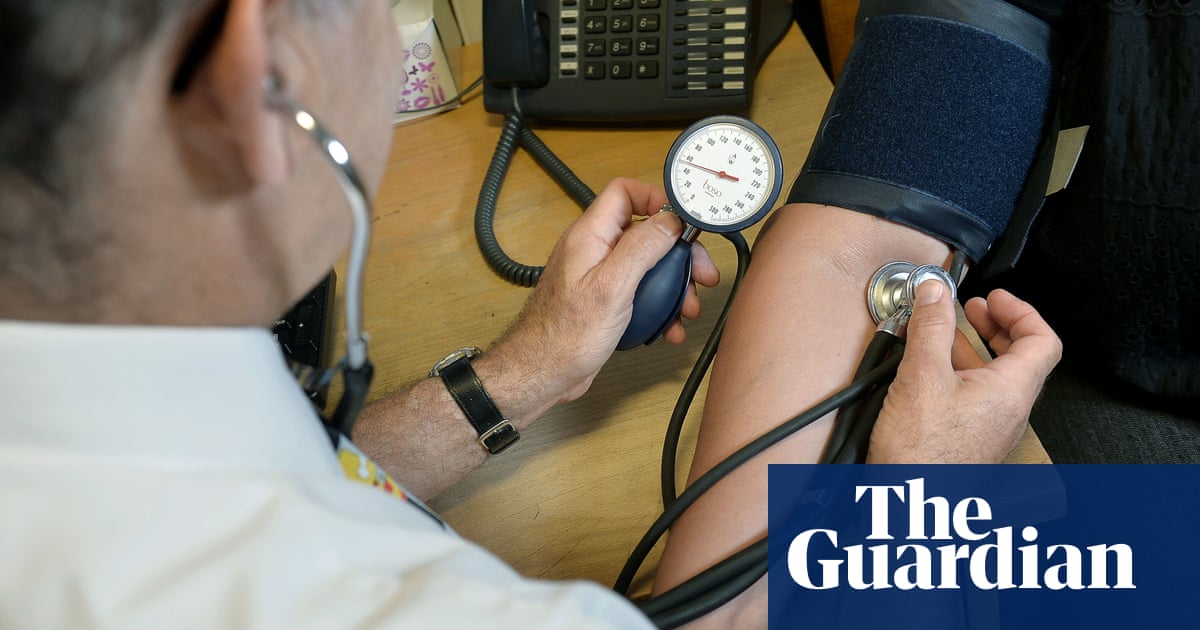GPs working in the most deprived areas inEnglandare paid an average salary £5,525 less a year than their counterparts working in wealthier areas, according to a study.
The report, by researchers at the University of Manchester and published in the Journal of the Royal Society of Medicine, analysed data from more than 8,500 GPs between 2015 and 2021 in theGP work life survey.
Besides the difference in salary, the study found GPs working in the most deprived areas were more likely to face significantly higher pressures related to perceived problem patients, insufficient resources with the practice and finding locum cover.
The study, which is the first quantitative analysis examining the relationship between population deprivation and the working lives of GPs in England, also said there was no difference in hours worked a week, job satisfaction and intention to quit between more deprived and less deprived areas.
According to the report’s authors, the difference in earnings is down to a lack of funds in more deprived areas, as more is spent on resources.
Dr Michael Anderson, the lead author of the study as well as a lecturer at the University of Manchester and a practising GP, said: “Without targeted investment and policy interventions, the difficulties faced by GPs in deprived areas will only continue to worsen, exacerbating health inequalities.”
He added: “In more deprived areas, the partners earn less and there’s also less money available. The partners can’t afford to pay the same wages to salaried GPs in the more deprived areas versus in the more affluent practices, which are better resourced.”
Prof Matt Sutton, a lecturer at the University of Manchester and senior author of the study, said: “Though deprived populations have higher needs for GP services, we know these areas have the most difficulty recruiting and retaining GPs.
“Our study is the first to examine how working in deprived areas affects the working lives of GPs. Addressing their concerns about increased job pressure and decreased resources would help reduce health inequalities.”
Last year, the Royal College of GPsurged the governmentto radically reform the way GP funding is allocated across the country because it results in the poorest areas receiving inadequate healthcare.
A Department ofHealthand Social Care spokesperson said:“GPs and the wider NHS workforce have been overworked for years, with staff burnt out and demoralised. Through our plan for change, this government is making GPs’ work easier and more efficient – cutting red tape and easing the burden by hiring more than 1,500 GPs since October.
“Our reforms will also tackle head on the appalling healthcare inequalities that exist within Britain today.”
